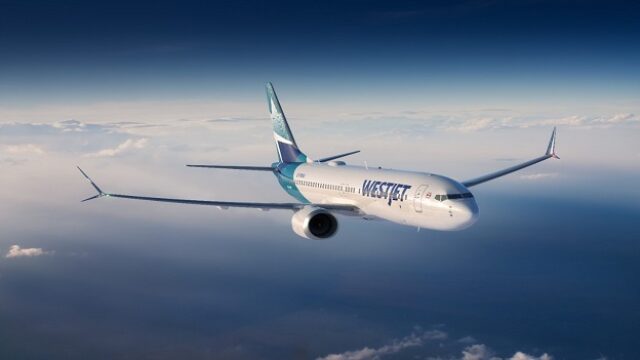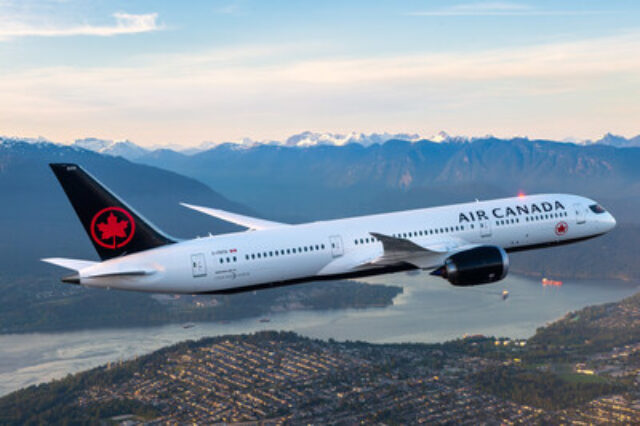Boeing looks to shore up finances through $19 billion capital raise

Cash-strapped Boeing – which has burned through $6 billion in the last quarter as strike action continues unabated– is looking to shore up its finances through the sale of stocks, supporting its own liquidity position without requiring to borrowing (and subsequent debt).
The sale of 90 million common shares in common stock (worth around $14 billion) will be joined by up to $5 billion in depository shares – the net proceeds of which Boeing intends to use for ‘general corporate purposes,’ including ‘repayment of debt, additions to working capital, capital expenditures, and funding and investments in the company’s subsidiaries’.
The proceeds of the equity raise will help shore up Boeing’s finances and help stave off a downgrading of its investment grade credit rating status from three of the largest rating agencies: S&P Global, Moody’s, and Fitch Ratings, all of whom are considering reducing Boeing’s rating one rung on the ladder – essentially cutting its investment-grade status and reducing it to what is colloquially known as speculative-grade or ‘junk stock’.
In September, Moody’s put all of Boeing’s corporate credit ratings on review, reported Morningstar. Earlier in October, S&P Global also placed Boeing’s rating on ‘CreditWatch negative,’ reported Reuters.
Last month, Fitch Ratings explained that Boeing’s BBB- investment-grade credit rating has “limited headroom for a strike,” with an extended strike necessitating “access [to]new liquidity sources in an extended strike scenario to adhere to its cash targets and remain within Fitch’s negative rating sensitivity”. If downgraded, Boeing would be reduced from the lowest of the investment-grade categories to a ‘speculative grade’ BB+.
The increase of 737 MAX production towards the mid-30s a month by year end and the liquidation of approximately half of the company’s pre-2023 built MAX inventory during 2024 “will be important in establishing the operational efficiency and momentum to support production growth, as well as margin expansion and positive free cash flow realisation,” cautioned Fitch Ratings – concluding that a strike of similar length to 2008’s 57-day event “could result in a negative rating action without the addition of new liquidity in a credit-conscious manner”.
However, responding to the capital raise, Fitch cautioned that Boeing’s ability to achieve key commercial aircraft milestone – including re-establishing MAX momentum, gaining MAX 7, 10 and 777X certification, liquidating legacy aircraft inventory, and integrating Spirit AeroSystems – were crucial to “facilitate cash flow generation and enhance deleveraging capacity”.
With the ongoing machinists’ strike now in its 45th day, the IAM stated that it “has been in communication with the U.S. Department of Labor in an effort to spearhead getting back to the [negotiating] table” – although with 64% of union members voting last week in favour of continuing the strike, it’s unclear whether Boeing’s latest raise will be sufficient to stave off an investment rating downgrade.
















